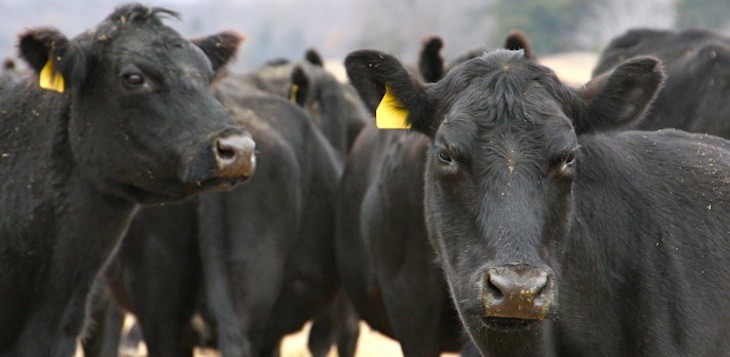Chicken processing relatively unchanged in May; cattle and pork down significantly
by July 2, 2020 2:56 pm 405 views

Meat processing was slower in May, but it wasn’t because of COVID-19-related closures. The U.S. Department of Agriculture’s National Agriculture Statistics Service issued its monthly poultry slaughter and livestock slaughter, updating production data through the end of May.
“In May, chicken slaughter held up much better than might have been expected, given the disruptions in processing operations that received so much attention,” said John Anderson, head of the agricultural economics and agribusiness department of the University of Arkansas System Division of Agriculture and the Dale Bumpers College of Agricultural Food and Life Sciences.
Anderson said chicken slaughter was down 9% compared to May 2019 and down 3% compared to April.
“Most of the decline is actually due to the fact that May 2020 had two fewer slaughter days than May 2019, and one less than last month,” he said. The number of processing days is determined by when weekends or holidays fall during the month.
Cattle and hog slaughter were down “markedly from a year ago, even accounting for fewer slaughter days. May 2020 cattle slaughter was 23% lower than May 2019 and May 2020 hog slaughter was 17% lower than May 2019,” Anderson said.
However, when compared to April 2020, beef processing made a slight rebound. “Cattle slaughter fell more sharply than hog slaughter but stabilized more quickly,” he said.
Anderson said that the weekly data suggest that “by the time June is wrapped up, cattle and hog slaughter will likely both within 5 percent or less of the prior year.”
Consumer demand for meat has caused frozen meat supplies to decline from April and from May 2019.
“Stocks of frozen pork in cold storage declined by 24% from April and are 26% lower than a year ago,” he said, adding that pork stocks are at their lowest level since August 2011.
Anderson said frozen stocks of beef and chicken both remained above 2019 levels, despite a decline from April to May.
